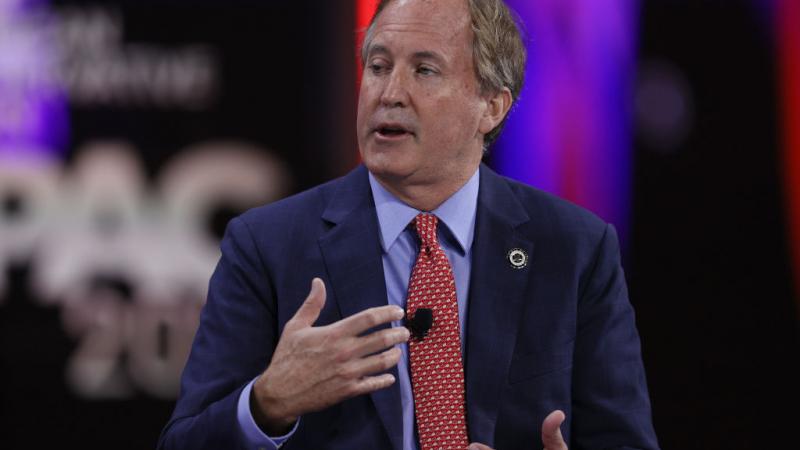California lawmaker proposes ending funding for illegal immigrant healthcare
California not only faces a record budget deficit, but also a major doctor and healthcare staffing shortages.
After national outrage over California providing billions of dollars in taxpayer-funded healthcare to illegal immigrants, one state legislator introduced a bill to “revoke all taxpayer funding for health care for illegal immigrants in the California State Budget.”
According to State Assemblymember Bill Essayli, R–Woodcrest, California provision of taxpayer-financed healthcare to illegal immigrants will cost $4 billion as the state faces a $68 billion budget deficit for the 2024-2025 fiscal year.
“It is unconscionable to spend billions of taxpayer dollars to give universal healthcare to illegal immigrants when our own citizens cannot afford their own healthcare on top of historic inflation and the highest cost of living in the nation,” said Essayli in a public statement announcing AB 1783, noting that health insurance premiums paid by Californians increased by 9.6% in the last year.
California not only faces a record budget deficit, but also a major doctor and healthcare staffing shortages. Due to low reimbursement rates from Medi-Cal and rising costs of labor and living, not enough doctors are opting to accept Medi-Cal patients, leading to a doctor shortage. Meanwhile, a new $25 per hour minimum wage for healthcare workers under SB 525 is set to reduce staffing levels further as rising costs pinch state and provider budgets, and is projected to cost the state another $4 billion per year.
“In the aftermath of the COVID-19 pandemic, health care providers in California are in dire financial straits. One major hospital has already closed, others are on the brink, and more than half are losing money every day to care for patients. SB 525’s added costs will force health providers to cut hours, positions and services,” wrote the main coalition opposing the bill. “With fewer positions and potentially fewer providers, health care professionals will have fewer opportunities, be at heightened risk of job loss, and have less flexibility in the positions that are available.”
















